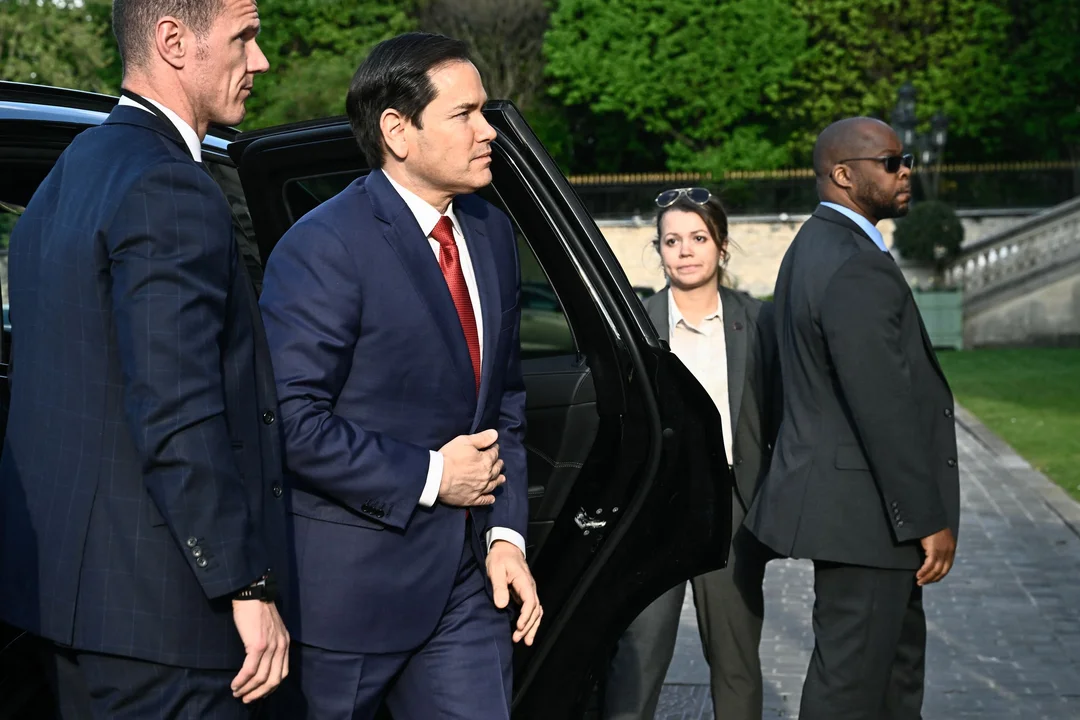
Are Peace Talks Between Russia and Ukraine on the Verge of Collapse?
As tensions escalate following a recent temporary ceasefire in the ongoing conflict between Russia and Ukraine, the prospect of peace talks appears increasingly uncertain. President Donald Trump, who has made headlines with his diplomatic ambitions, is reportedly reaching his limit of patience regarding stalled negotiations. This raises the critical question: Are we witnessing the potential unraveling of peace efforts in this protracted war?
In a recent update, Russia resumed its airstrikes in Ukraine just hours after a 30-hour Easter truce was declared by President Vladimir Putin. Ukrainian forces reported the launch of almost 100 drones and three missiles, with damage inflicted across multiple regions including Kharkiv and Dnipropetrovsk. While the Russian military claimed compliance with the ceasefire, both countries have accused each other of violations, leading to a rapidly deteriorating situation.
U.S. President Trump, seeking to assert his influence on the negotiations, has expressed frustration over the slow progress. "My whole life has been one big negotiation," he remarked, indicating a growing impatience to see tangible results. On April 12, Trump emphasized that his administration would not engage in endless discussions, signaling that a decision to withdraw from talks could come swiftly if no significant advances are noted. As the impending deadline approaches for achieving peace, Trump’s advisors are concerned that domestic priorities might soon eclipse international negotiations.
Amid rising frustrations, there are fears that Russia’s reluctance to engage constructively could lead Trump to abandon negotiations entirely. Former U.S. officials have debated the possible implications of such a move, weighing the consequences for Ukraine and potential shifts in U.S. support. Trump has threatened to impose greater sanctions on Russia but has simultaneously held back, allowing his envoy Steve Witkoff to continue talks with Russian officials directly.
Furthermore, the intricate dynamics of the negotiations are complicated by contrasting objectives between the conflicting parties. While Ukraine aims to maintain its sovereignty and prevent Russian occupation, Moscow seems more inclined towards exerting control over its neighbor. This gap in expectations presents a daunting barrier to any potential agreement.
To add to the complexities, Trump recently criticized Ukrainian President Volodymyr Zelenskyy, questioning his leadership in initiating the conflict and suggesting that the blame for the stalled peace talks rests with Ukraine. Such remarks could strain U.S.-Ukrainian relations at a tense moment. Nonetheless, the Ukrainian administration remains committed to finding a solution to the ongoing conflict.
With both sides still entrenched in their positions, the future of peace talks between Russia and Ukraine remains uncertain. If Trump chooses to divert his focus from international diplomacy to domestic concerns, the already fragile negotiations may falter completely. As the global community watches closely, the pressing question remains: How much longer can diplomatic efforts hold against the backdrop of escalating military hostilities?
As the situation develops, it is crucial for observers and analysts to keep a close watch on the Biden administration's stance and whether Trump's strategic decisions will either facilitate peace or deepen the rift between Russia and Ukraine. Engage with us in the comments—what are your thoughts on the likelihood of a successful peace agreement?